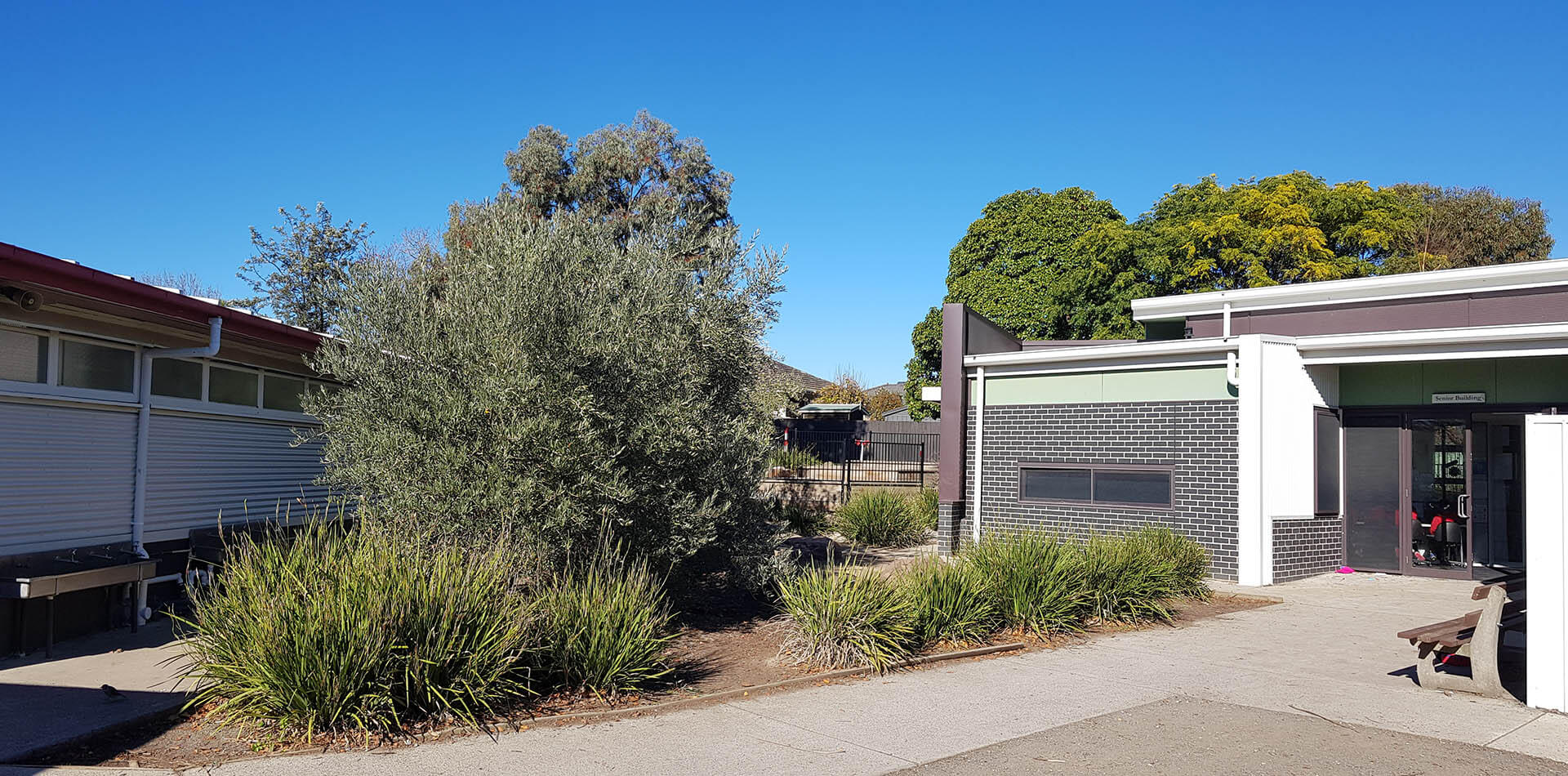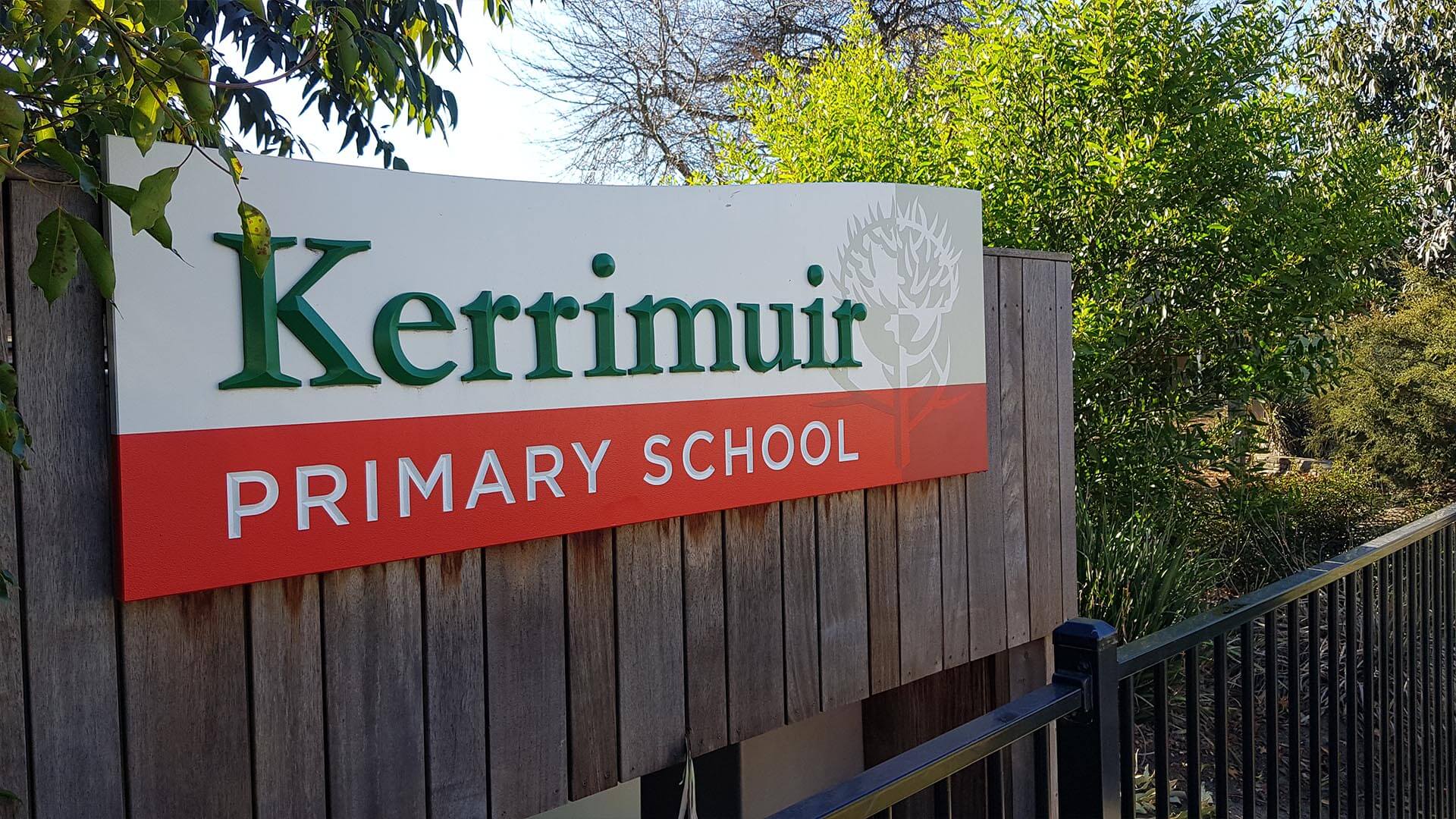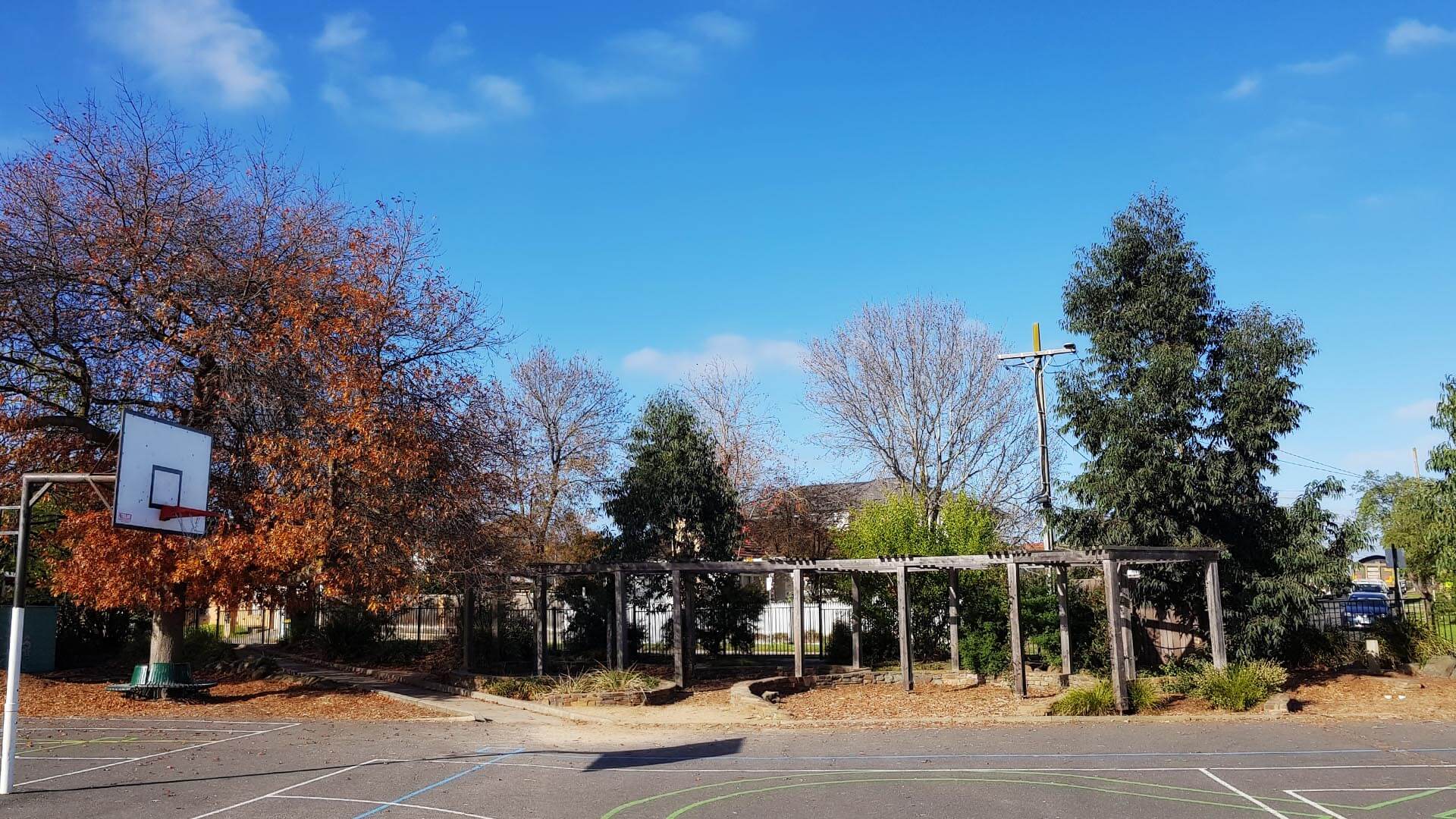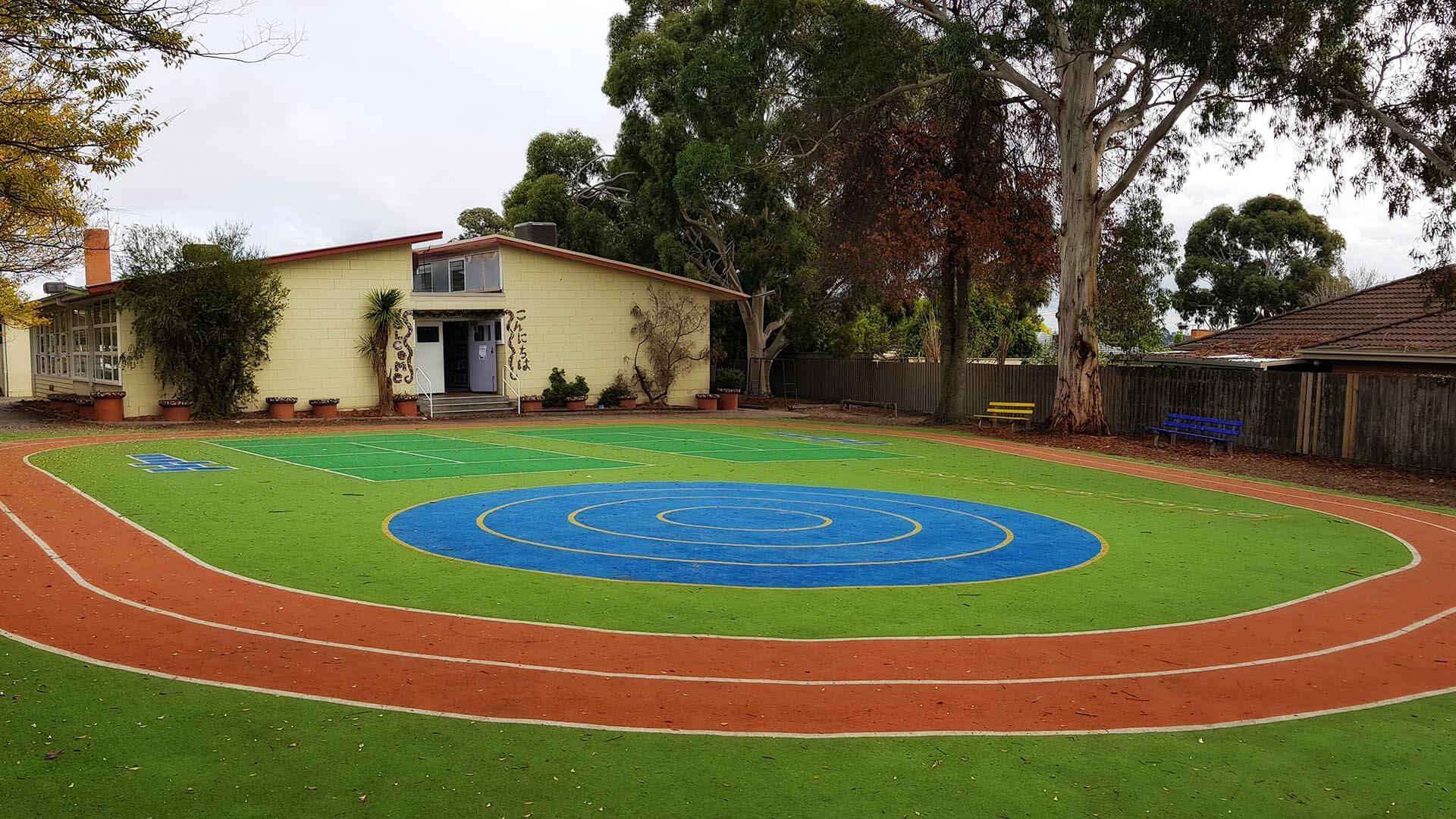



Resilient Schools
The language of resilience is generally built around the following seven areas:
- COPING
Resilient children use a variety of simple coping strategies such as humour, relaxation, normalisation and acceptance when they experience social or personal hardships. E.g. “You’ve got to laugh!” “You will get through this!” - COURAGE
Resilient children and young people take learning and social risks, and know that things won’t always go their way. Rejection and failure aren’t taken personally. E.g. “What’s the worst thing that can happen?” “Take a smart risk.” - PERSISTENCE
The ability to keep persevering in the face of difficulty is a characteristic of resilience that leads to success in the classroom, on the sports field or other fields of endeavour, in the schoolyard and beyond. E.g.“Have another go.” “Hang tough!” - RELATIONSHIPS
Resilient kids are able develop and maintain strong relationships with a number of peers over time. They are supportive of others; they can handle common conflict situations and don’t take rejection personally. E.g. “Is that how a good friend acts?” “Who have you spoken to about this?” - RESILIENT THINKING
Children may not be able to control a situation, but they can control how they think about an event. Resilient kids look for the positive side in negative situations, and see negative events as temporary. Reframing, remaining flexible and using realistic language are common resilience traits. E.g. “Look on the bright side.” “Let’s look at this another way?” - PROBLEM-SOLVING
Resilient children and young people have developed competencies from resolving their problems and challenges. They believe that they can overcome challenges, because they have done so in the past. E.g. “How can you work this out?” “What’s the first step?” “Let’s set some goals together.” - LEARNING
Resilient children and young people learn from negative situations, and importantly develop greater awareness of their own strengths. Self-knowledge is perhaps the best knowledge of all that we can impart to children. E.g. “What have you learned for next time?” "You’ve learned a lot about yourself.”

